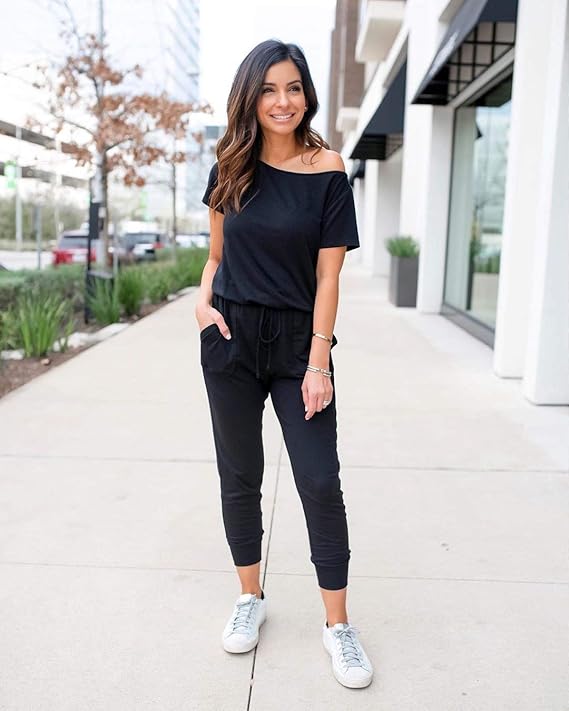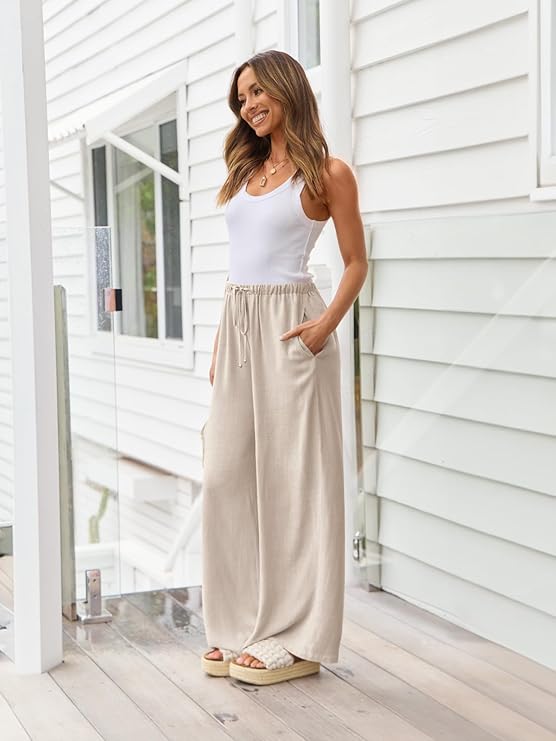This Post Contains Affiliate Links. Please Read Our Disclosure for Full Information.
Hey sleepyhead! 😴
Let’s be real—lying in bed, staring at the ceiling, overthinking everything at 2 AM? We’ve all been there. The more you try to fall asleep, the more your brain decides it’s the perfect time for a full-on TED Talk.
But guess what? You don’t have to live like this. Science (and a little bit of magic ✨) says you can actually fall asleep in as little as 60 seconds with the right tricks. And no, I’m not talking about counting sheep (unless they’re cute Instagram reels 🐑).
Let’s dive into the easy, no-fuss hacks to knock you out in under a minute👇
🌬️ 1. The 4-7-8 Breathing Trick (It’s a Game-Changer!)
Okay, this one is legit—even celebs swear by it.
✅ Breathe in through your nose for 4 seconds.
✅ Hold for 7 seconds.
✅ Exhale sloooowly through your mouth for 8 seconds.
Repeat 3-4 times = mind calms, body chills, lights out.
👉 Relaxation Essential Oil Set (Pro tip: Breathe in lavender for extra sleepy vibes.)
🧘♀️ 2. Progressive Muscle Relaxation (aka Body Melt Mode)
Your body holds stress like your phone holds screenshots.
✅ Start at your toes—tense for 5 seconds, then release.
✅ Work your way up (legs, belly, hands, shoulders).
By the time you hit your face muscles—poof—you’ll be gone.
👉 Cozy Weighted Blanket for Next-Level Calm
🌿 3. Lavender Everything 🌙
Science says lavender helps you chill hard.
✅ Use a lavender pillow spray or essential oil diffuser before bed to signal your brain: it’s sleepy time.
👉 Lavender Pillow Spray
👉 Aesthetic Essential Oil Diffuser
Check Out These Trending Looks
📱 4. Bye-Bye Blue Light Before Bed (Your Phone Can Wait!)
Scrolling TikTok until 3 AM? Yeah, no judgment—I do it too.
✅ But seriously: blue light = brain stays awake.
✅ Try blue light blocking glasses or switch to audiobooks/meditation 30 mins before bed.
👉 Blue Light Glasses (And They’re Cute!)
👉 Guided Sleep Meditation Playlist
💤 5. Visualize Your Happy Place 🏖️
Your brain doesn’t know the difference between real vs. imaginary.
✅ Picture your dream beach, cozy cabin, or wherever you feel calm.
✅ Focus on details (sounds, smells, textures).
Suddenly—boom—you’re out.
👉 Aromatherapy Candles for Extra Mood
Get A Cool Dress Like This for Yourself
🌙 6. The 60-Second Sleep Recipe 📝 (Recap)
✨ 4-7-8 breathing = calm brain.
✨ Muscle relaxation = calm body.
✨ Lavender = sleepy vibes.
✨ No screens = brain shuts down.
✨ Happy place visualization = sleep hack unlocked.
Pair these with a cute weighted blanket, a cozy sleep mask, and some lavender spray—and you’ll literally pass out faster than you can say “insomnia who?” 😴
Final Snoozy Thoughts 💤✨
You deserve sleep that hits deep, bestie. No more stressing, no more late-night scrolling, just pure, dreamy Zzz’s. Try these tonight and wake up glowing inside out.
Sweet dreams,
xoxo, Serenity Talks 💖🌙
We are giving it for free to our users
Get 7 Free Digital Planner
The Bundle Includes -
Daily Planner, Weekly Planner, Monthly Planner, Self Care Planner, Daily Reflection, Goal and Habit Tracker, Gratitude Journal and Budget Tracker















